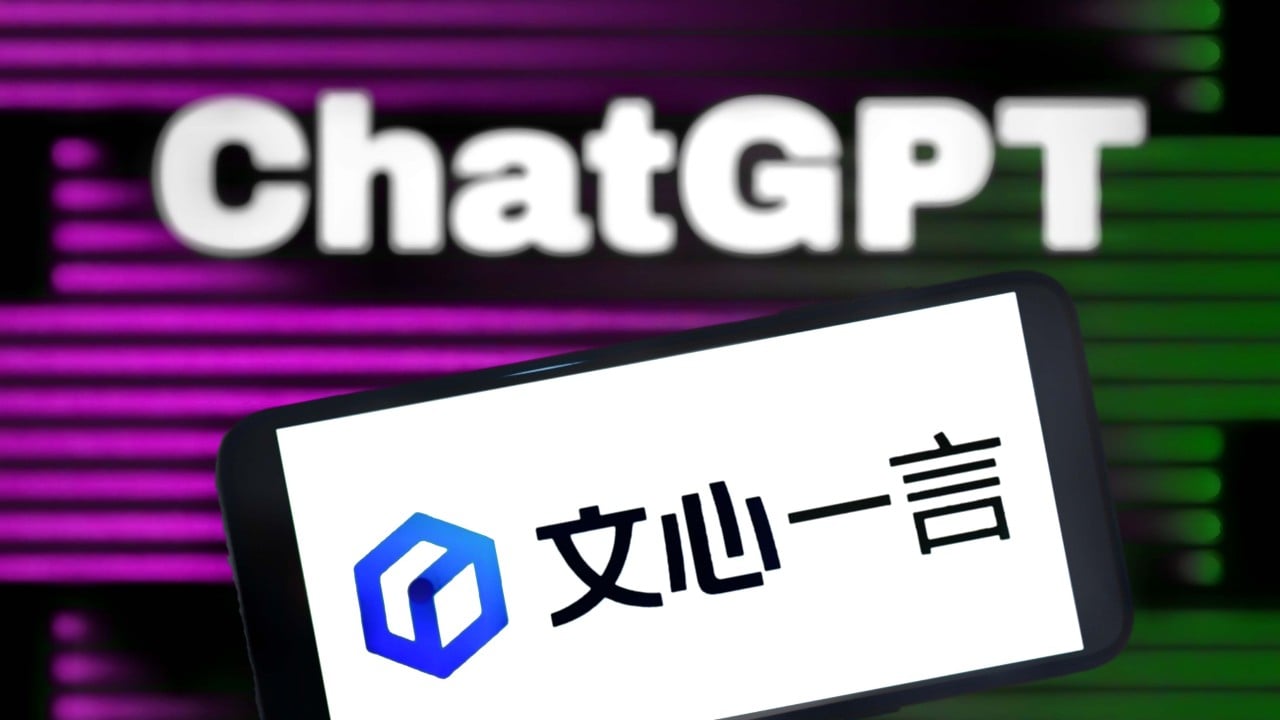
26 Feb China’s Honor bets on AI smartphones for global growth ahead of an expected market rebound
Honor CEO George Zhao Ming laid out the company’s new AI strategy at a launch event in Barcelona on Sunday, which involves creating an “intent-based user interface” that will help enable a seamless experience across different devices and systems. He was speaking ahead of the city’s mobile communications industry trade show MWC Barcelona, formerly Mobile World Congress.
In a showcase of the new interface, Zhao demonstrated Honor’s new Magic Portal feature. This allows users to tap and drag a text message that includes a restaurant name, for example, and open the location instantly in Google Maps. The idea is that AI is able to anticipate the needs of users to enable a better experience.
Honor also used the event for the global debut of its latest flagship smartphone, the Magic 6 Pro, which features AI-powered capabilities like Magic Portal and MagicLM, the company’s 7-billion-parameter large language model (LLM). Prices in Europe start at €1,299 (US$1,405).
Huawei’s cloud unit banks on booming AI demand in Europe and Middle East
Huawei’s cloud unit banks on booming AI demand in Europe and Middle East
Honor is open to working with industry partners in developing its AI capabilities, Zhao said at the event. He used Facebook owner Meta Platforms as an example, as Honor uses the US tech giant’s open source Llama 2 model to generate text and answer user questions on the Magic 6 Pro.
The new flagship phone first debuted in mainland China last month as part of the broader Magic 6 series, Honor’s first 5G handsets to ship with MagicLM.
Tech research firm Counterpoint forecasts that global shipments of GenAI-enabled smartphones will reach more than 100 million units this year, up from about 47 million in 2023, then rapidly expand to 552 million by 2027.
GenAI handsets, a subset of AI smartphones, use related models to create original content rather than just provide preprogrammed responses or perform predefined tasks, according to Counterpoint. These devices run AI models natively, as they are often baked into the chipsets and come with certain hardware specifications.
Global smartphone shipments fell 3.2 per cent year on year to 1.17 billion units in 2023, according to IDC. It was the lowest full-year shipment volume in a decade, but the research firm indicated that “growth in the second half of the year has cemented the expected recovery for 2024”.

